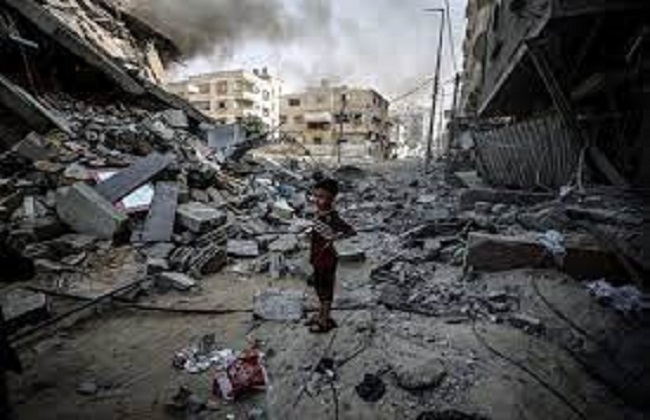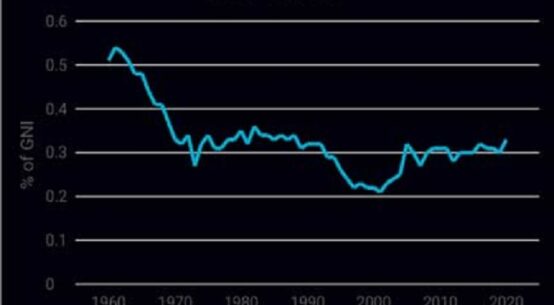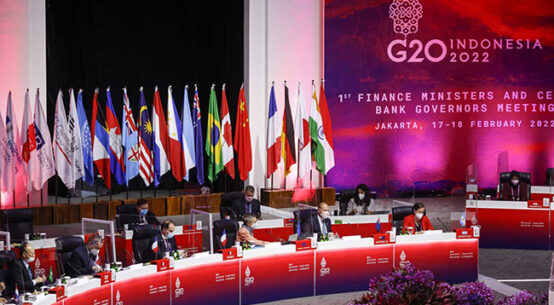
As of today, my UNRWA colleagues in Gaza are no longer able to provide humanitarian assistance.
As I speak with you, Gaza is running out of water and electricity. In fact, Gaza is being strangled and it seems that the world right now has lost its humanity.
If we look at the issue of water – we all know water is life – Gaza is running out of water, and Gaza is running out of life. Soon, I believe, with this there will be no food or medicine either.
There is not one drop of water, not one grain of wheat, not a litre of fuel that has been allowed into the Gaza Strip for the last eight days.
The number of people seeking shelter in our schools and other UNRWA facilities in the south is absolutely overwhelming, and we do not have any more the capacity to deal with them.
My team, who relocated to Rafah to sustain operations following the Israeli ultimatum, is working in the same building as thousands of desperate displaced people rationing also their food and water.
In fact, an unprecedented humanitarian catastrophe is unfolding under our eyes.
And already – and we should always remember that – before the war, Gaza was under a blockade for 16 years, and basically, more than 60 per cent of the population was already relying on international food assistance. It was already before the war a humanitarian welfare society.
Every hour, we receive more and more desperate calls for help from people across the Strip.
We, as UNRWA, have already lost 14 staff members. They were teachers, engineers, guards and psychologists, an engineer and a gynecologist. Most of our 13,000 UNRWA staff in the Gaza Strip are now displaced or out of their homes.
My colleague Kamal lost his cousin and her entire family. My colleague Helen and her children were pulled out of the rubble. I was so relieved to learn that they were still alive.
My colleague Inas fears that Gaza will no longer exist. Every story coming out of Gaza is about survival, despair and loss.
Thousands of people have been killed, including children and women. Gaza is now even running out of body bags. Entire families are being ripped apart.
At least 1 million people were forced to flee their homes in one week alone. A river of people continues to flow south. No place is safe in Gaza.
At least 400,000 displaced (persons) are now in UNRWA schools and buildings, and most are not equipped as emergency shelters.
Sanitary conditions are just appalling, and we have reports in our logistics base, for example, where hundreds of people are just sharing one toilet.
Old people, children, pregnant women, people with disabilities are just being deprived of their basic human dignity, and this is a total disgrace! Unless we bring now supplies into Gaza, UNRWA and aid workers will not, be able to continue humanitarian operations.
The UNRWA operations is the largest United Nations footprint in the Gaza Strip, and we are on the verge of collapse.
This is absolutely unprecedented.
We keep reminding that International Humanitarian Law has now to be at the center of our concerns. Wars, all wars, even this war, have laws.
International humanitarian law is the law of any armed conflict. It explicitly sets the minimum standards that must prevail at any, any time.
The protection of the wounded and civilians, including humanitarian workers, is non-negotiable under humanitarian law. Last week’s attack on Israel was horrendous – devastating images and testimonies continue to come out.
The attack and the taking of hostages are a flagrant violation of international humanitarian law. But the answer to killing civilians cannot be to kill more civilians.
Imposing a siege and bombarding civilian infrastructure in a densely populated area will not bring peace and security to the region.
The siege in Gaza, the way it is imposed, is nothing else than collective punishment. So, before it is too late, the siege must be lifted and aid agencies must be able to safely bring in essential supplies such as fuel, water, food and medicine. And we need this NOW.
Over the last few days, we have advocated for fuel to come in because we need fuel for the water station and the desalination plant in the south of Gaza. Unfortunately, we still have no fuel.
All parties must facilitate a humanitarian corridor so we can reach all those in need of support.
UNRWA and aid agencies must be able to do their work and save lives. And we must do so safely, without risking our own lives.
Finally, we are also calling for a suspension of hostilities for humanitarian reasons, and this needs to take place without any delay if we want to spare loss of more lives.
Philippe Lazzarini is Commissioner-General, United Nations Relief and Works Agency for Palestine Refugees in the Near East (UNRWA)


